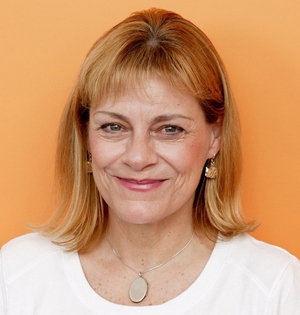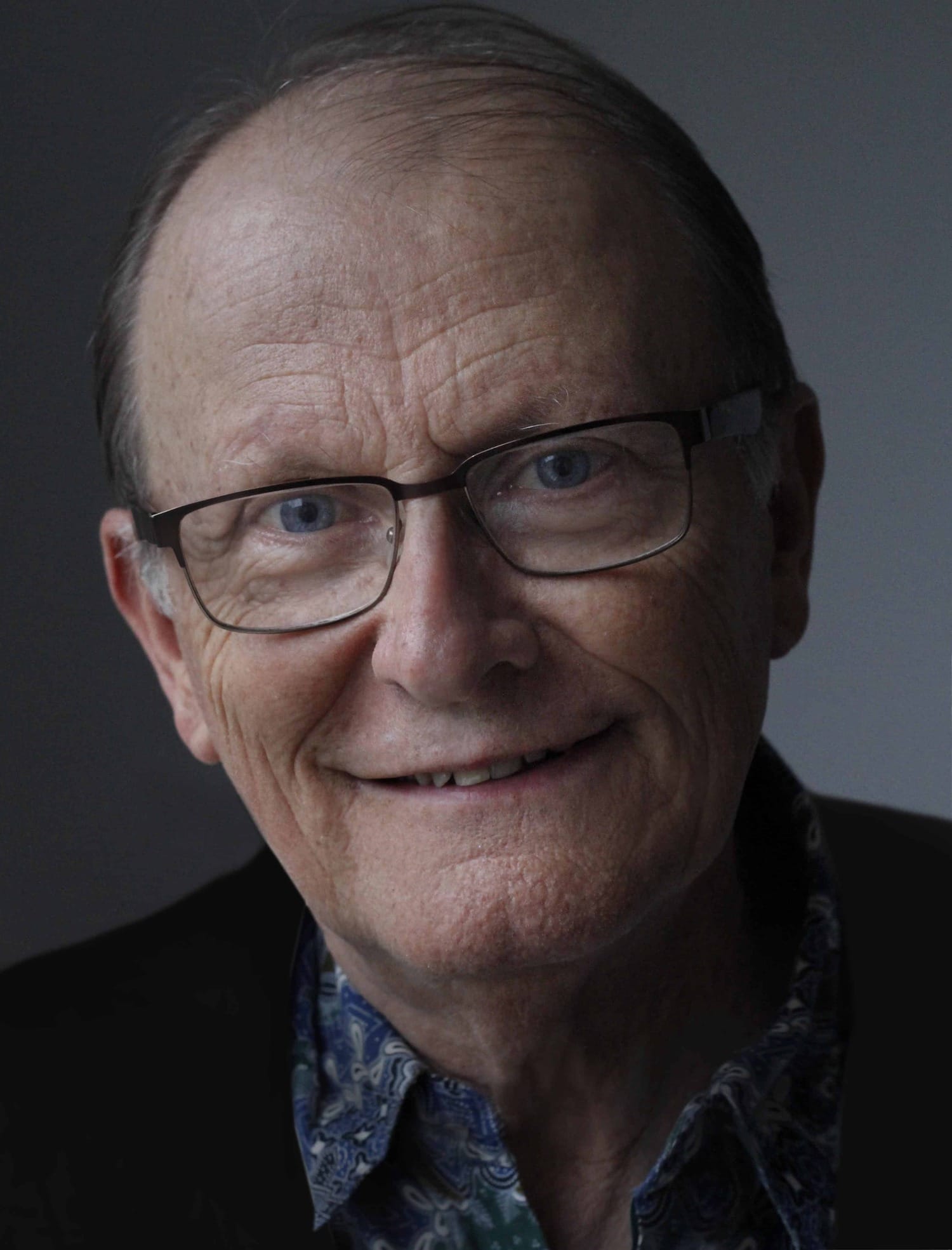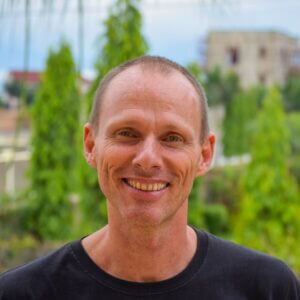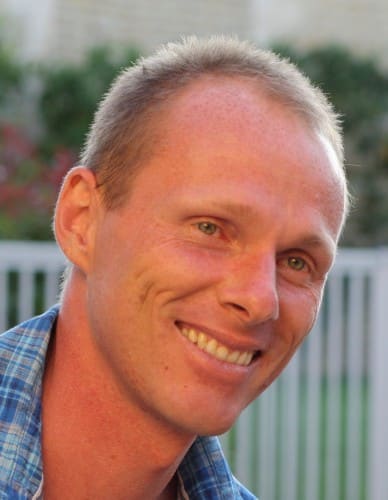WE HAVE MOVED!
Check out our exciting new website for great resources, community, courses and more!

Crossing Cultures 101
The basic information you need to know to work in another culture.
We live in a globalised world. In the 21st-century more people are on the move for different reasons than ever before. That does not just mean travel for fun but relocating to work and ‘do life’ in new cultures. Relocation even within one’s home culture is stressful enough – second in stress levels only to bereavement and divorce, some studies have shown. But relocating transculturally, whether for work, for study, to get married or to fulfil a missions call, can be exponentially more so. But by far the worst part of that stress is when it is unexpected.
“Forewarned is forearmed”, they say - so what if you could be forewarned about some at least of what to expect in making this move and how to find support in doing so? That in essence is what this course is about. Please note, we are not talking about the specifics of the actual culture you will be moving to. For that you will still need specific orientation. But what this course will give you are some general principles that apply widely to any cross-cultural experience.
Module Details
Module 1 “Know Thyself”
In this module, Christine will be addressing the need for us to know ourselves as the product of our own cultures, and will be looking at how what we don’t know can hinder us in a cross-cultural context.
In Lesson 1 we will ask the question “What is Culture?” and look at some definitions and analogies to aid our understanding.
In Lesson 2 we will explore “Socialisation” as the process of acquiring our own culture – and with it the ‘cultural baggage’ of our own norms and biases.
In Lesson 3 we’ll look at what to do with this Cultural Baggage, and explore how to dismantle the wall of separation that Paul talks of between Jew and Gentile and every other culture down through the ages.
Finally in Lesson 4 we will talk about the Goal of Cultural Intelligence, which, if we embrace it, will help us grow in appreciating cultural diversity rather than fearing it.
Module 2 The Process and Challenge of Cultural Adaptation.
Intro video: Shows what the crossing culture journey looks like and what we’ll be covering in this module.
In Lesson 1 we will look at Pre-Departure as an important prelude to your actual arrival in the new culture, the importance of good closure and how to pace yourself to avoid physical exhaustion and emotional depletion. We’ll point you to some check lists and hopefully help you to plan well for the coming adventure.
In Lesson 2, we’ll look at the usual trajectory of the crossing culture journey, during which some degree of Culture Shock is an expected stage along the way. That includes the ‘inner journey’ - the internal processing of external factors. We’ll look at the contributory causes and symptoms of Culture Shock and what to look out for in yourself and others.
Lesson 3 tackles the issue of Re-Entry Stress. Why deal with that now, you might ask? Well, I think it is good to be aware that it will likely happen to you so that you can count it in as part of the cost of making this move. This crossing-culture process will change you, and your kids even more. Are you really up for that? One thing is certain: life will never be quite the same again! And the better you adjust to the host culture, the less you will feel at home back in your own culture when you return. Culture shock is expected when going to the field, but few expect to encounter it again when ‘just’ going home!
Lesson 4: (still to come) Language Learning - why it is important and some aids to helping you in the process.
Module 3: How to find Support
In this module we will be examining the different dimensions of support that are needed for a successful trans-cultural experience or lifestyle. Having good support systems in place can be the make or break of your adventure. So let’s investigate what this looks like.
Intro video: We’ll explore how Member Care (a widely used term in mission circles to describe the networks for support that are needed) has developed over recent decades. We’ll introduce you to the Best Practice Model of member care and its component parts, which will form the foundation for the lessons in the module.
In Lesson 1: The Core of member care is the care we receive from the Master Himself. No one else can take His place, and we need to make space for growing our relationship with Him throughout our lives, on and off the field.
Lesson 2 addresses the vital issue of Self Care. Again, this is something that no one else can do for us, and we are responsible for our own health and wellbeing to the extent that we do all we can to live in balance and learn how to address the inevitable stresses of intercultural living.
In Lesson 3 we look at Mutual Care, which is the other half of the equation on Ring 2 of the Best Practice model, caring for one another in the team.
Lesson 4 addresses the issue of support from home, how to raise it up, foster it and make best use of it, seeing it as ‘partnership in the gospel’ as St Paul called it in Phil 1. We’ll talk about support groups composed of close family, friends and ‘champions’, whom you need to select carefully and to invite on board with you on your journey. We’ll seek to show what a difference that makes both on the field and after you return
Finally, in Lesson 5 we’ll dive into the impact of cross-cultural living on kids growing up ‘between worlds’ as some call it. There are negative factors, but also some powerful positives. We’ll explore both, asking how we can deal helpfully with the former, while maximising the latter. We’ll explore the term Third Culture Kid, and the implications for the next generation of growing up that way. In this lesson we will also point to the value of the last two rings on the model, for TCKs and for others – Specialist Care and Network Care.
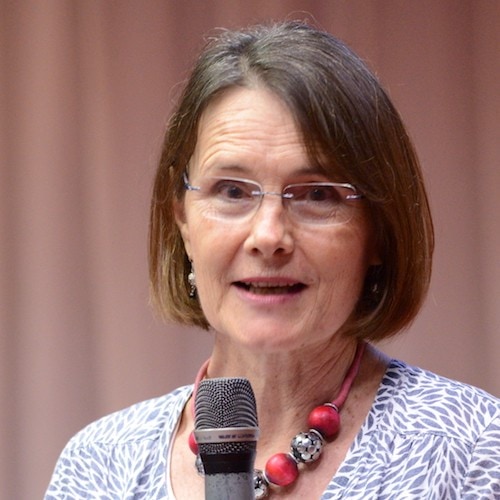
Your Instructor - Christine Paterson

Christine Paterson was brought up in a mission environment - both her parents served for over forty years as missionaries in Africa, where Christine spent her early years. This unique background has helped her to be the support and helpmate for her husband Ross in the various countries to which the Lord has led them.
Ross and Christine were married in 1975 and they served together (after Ross’ six years as a single missionary) in Taiwan where their first daughter was born.
In 1979 they returned to the UK and during the next fourteen years, they planted and led a local church. A further four daughters were born to them in this time. In addition to raising a growing family, Christine was also actively involved in church life, mainly in hospitality, pastoral care and prayer counselling.
Eventually, in 1994, the family moved back to Asia spending 13 years in Singapore as their international base, before returning to Taiwan in 2007.
More recently, since the girls are now grown and leading their own lives, Christine has started to be involved in a wider speaking ministry - jointly with Ross and occasionally independently.
Out of her experience as a “missionary kid”, as the wife of a missionary and as a mother of five daughters who were thrown into cross-cultural living when most were in their teens, Christine has a particular concern for the area of mission support. Christine is a graduate of York University where she studied Linguistics. She has also been involved in assisting Ross with his several books on mission.
Ross and Christine both have a heart for mission worldwide and are currently based in Taipei, working as mission consultants for a large church there. They have five daughters and are grandparents to five granddaughters and a grandson.
Curriculum Breakdown
Module 1 - "Know Thyself"
-
- Lesson 1: What is Culture (20:37)
- Lesson 2: Socialization (22:12_
- Lesson 3: Baggage and Walls (25:01)
- Lesson 4: Towards Cultural Intelligence (29:25)
Module 2 - "Cultural Adaption"
-
-
- Introduction (12:04)
- Lesson 1: Pre-Departure (28:33)
- Lesson 2: Culture Shock (29:38)
- Lesson 3: Re-entry (28:11)
-
Module 3 - "Building a Solid Support Base"
-
- Introduction (9:37)
- Lesson 1: The Core of Member Care (27:39)
- Lesson 2: Self Care / Mutual Care (60:15)
- Lesson 3: Sender Care (35:19)
- Lesson 4: Specialist Care: Third Culture Kids (29:39)
Frequently Asked Questions
When does the course start and finish?
Where will I access the course?
Our online learning takes place on our dedicated training platform, found at courses.fieldpartner.org.
How long do I have access to the course?
How does lifetime access sound? After enrolling, you have unlimited access to this course for as long as you like - across any and all devices you own.
What if I have a problem with the course?
If you have any issues with accessing the course, or with its content, please get in touch, we'd be happy to help! You can contact us at fieldpartner.org/contact.
